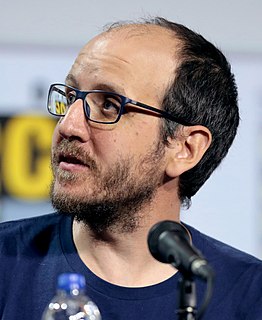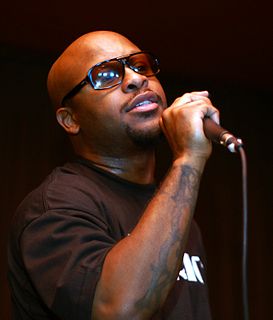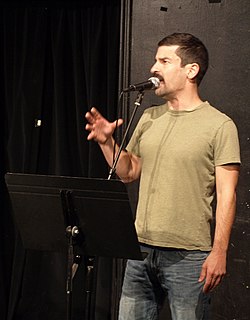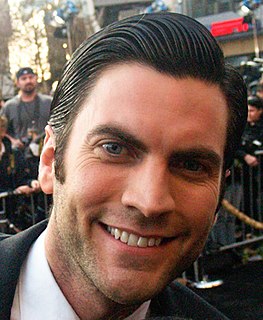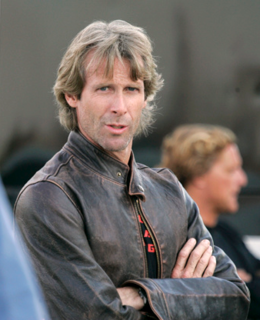A Quote by Edward Norton
Remarkably, there's no green screen in 'Leaves of Grass' movie. There is motion control. Technically, there were all sorts of challenges, but really the soul of it is Edward Norton talent. You write these characters when you write a movie, and all you can hope for or depend on is that your actors will elevate the material.
Related Quotes
Even my wife and two of my children are in "Leaves of Grass". Because I love the source material so much, it was really easy to write and an utter delight to get to direct because I had people like Edward [Norton] elevating the material and surprising me in their interpretations of all of this stuff that's so close to me.
When it comes to acting on green screen, it doesn't really make all that much of a difference to me because how you interact with your environment or characters is always dictated by your imagination. So when you're acting against a green screen, you have more of an opportunity to create your own world. So what was magical throughout this process was watching this movie come to life with the 3D.
We write for actors and even down to the smallest character in the film, they all have their moment. You take that and you put it in a story that's in your face and there's tons of hardcore R action, nudity and you name it, but at the same time there really is a story there. It's got heart and at the end of the movie people will feel it. So I hope they'll their friends and want to see more.
You write a spec, and you pour your heart and soul and life into a spec, and you think that spec is the movie that's going to sell and get made... I've never heard of anybody that happened to. What happens is, you write a spec, people get it, they see your writing, they see you're good, they bring you into their office and they say, "Boy, that spec was really good - we'll never make that in a million years. We have rights to the board game of Monopoly. What do you think about a Monopoly movie?".
A lot of actors will complain about the green screen work, but what you do get to do is what you probably should have learned, from the beginning, on stage. You have to create it in your mind and really go there to bring it. Part of the fun of acting is those challenges. You feel goofy, but sometimes that's a good feeling.
One of the things when you write, well the way I write, is that you are writing your scenario and there are different roads that become available that the characters could go down. Screenwriters will have a habit of putting road blocks up against some of those roads because basically they can't afford to have their characters go down there because they think they are writing a movie or trying to sell a script or something like that. I have never put that kind of imposition on my characters. Wherever they go I follow.
We write and write and write until we think, 'If we have to shoot this script, we'll be happy, and it's going to be a great movie.' I meet with all the actors two weeks before, and I ask them, 'What lines don't work? What is uncomfortable for you? What jokes do you think aren't good? If you're not getting it, here's what the joke is.' You fix it.
I don't ever want to do a movie where you shoot it on a motion capture stage. I just don't like taking the reality out of it. I like being on the set in real environments. I don't like shooting on green screen. I think it gives the actors so much more to play with when there's real stuff happening on the set.



